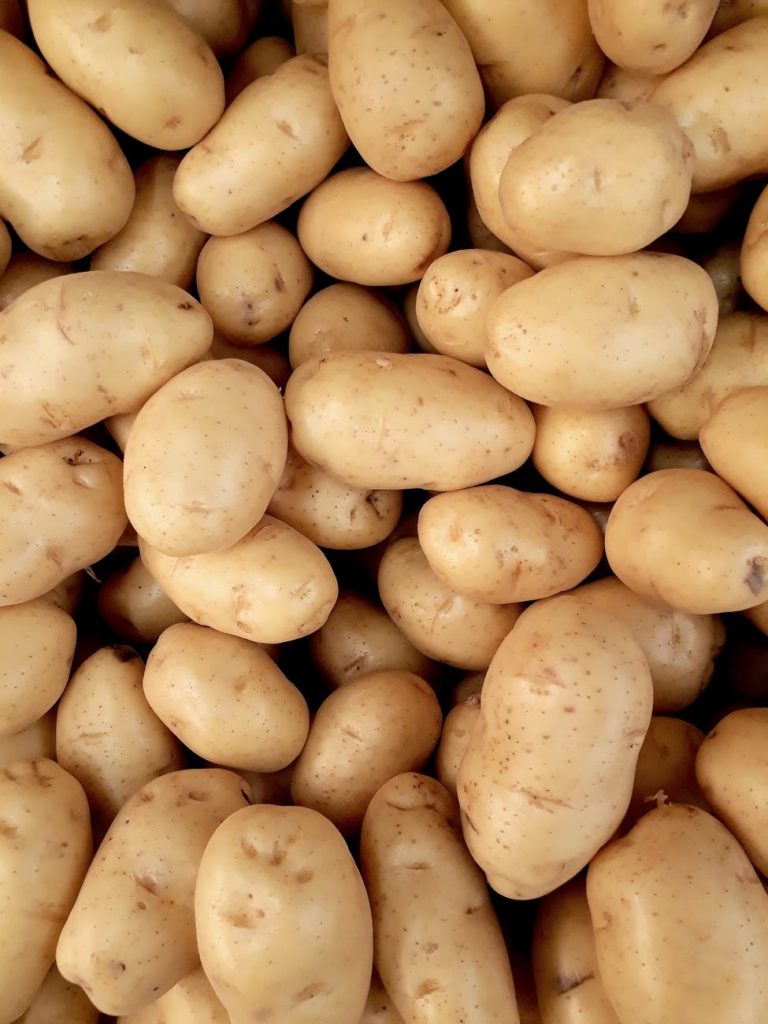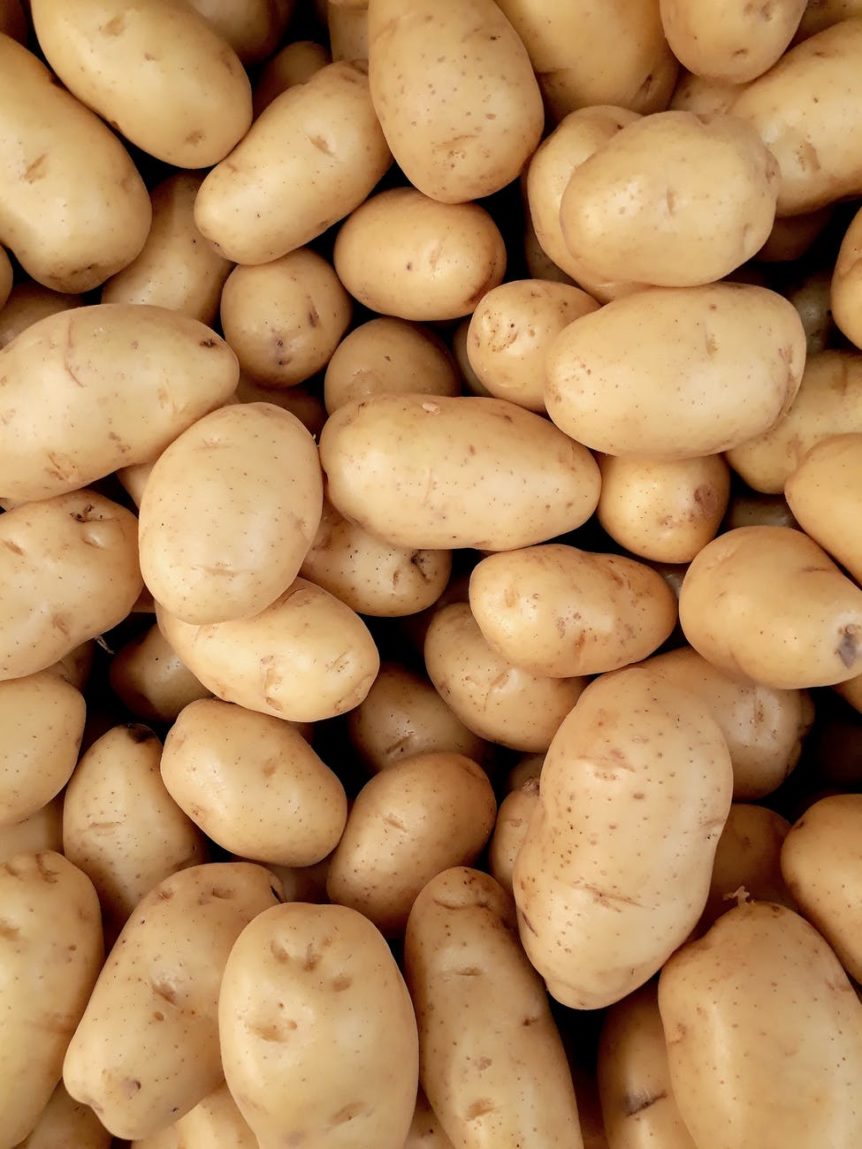By Clint Thompson
President Biden’s visit with Japanese Prime Minister Fumio Kishida should lead to talks for the export of U.S. fresh potatoes into Japan, believes the National Potato Council (NPC).

NPC CEO Kam Quarles hopes the Biden administration will capitalize on this opportunity to spark conversations about loosening the restrictions the country has established on potato imports.
“We’ve been working on this market access request for nearly 30 years, for what we call fresh, tablestock access. That would be the potatoes you would see in your retail supermarkets or go to a steakhouse and get a baked potato, that kind of thing,” Quarles said. “That type of access, if we’re able to open Japan, we believe it will be about $100 million a year in new U.S. ag exports, new U.S. potato exports to that country.
“It would be a huge deal for our industry and really good for the U.S. in terms of trying to restore some balance with our trade deficit, but we’ve got to get the Japanese to move. They have stalled this process effectively every meeting that the U.S. has with their Japanese counterparts. They are told that they are looking at it and come back next year. That has been the story for the five years that we’ve really been pressing on this and for the 30 that this entire saga has been in existence.”
Bipartisan Support
A bipartisan group of 10 U.S. Senators released a letter to Biden asking that he capitalize on Kishida’s visit and ask for his support in opening the Japanese market to U.S. fresh potatoes. It is a hard sell since Japan has its own domestic industry.
“It’s a small industry, but they’re very politically connected. This really does not have to do with any of the technicalities of shipping U.S. potatoes safely to Japan. It’s the politics and wanting to avoid competition,” Quarles said. “Japan does not import any fresh potatoes right now from any other country. They’re exclusively served by their very small industry which can’t supply the demands of the country right now.”










